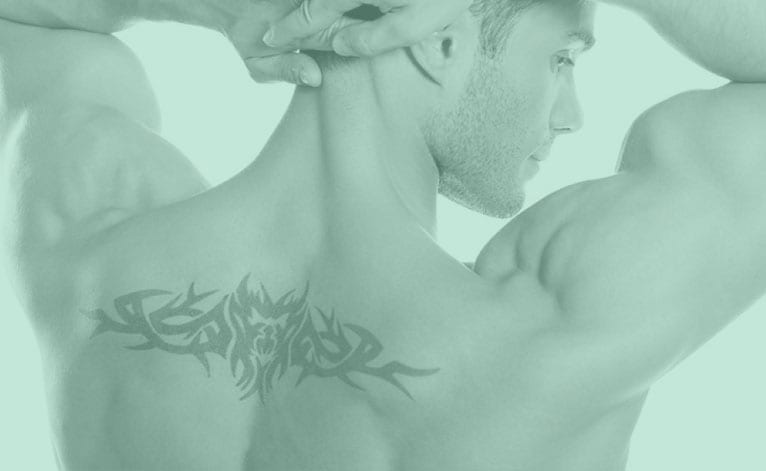What is tattoo removal?
Different wavelengths are used depending on the colour of the tattoo.
The Q-switched laser works by using very short pulses to break these pigments up at the microscopic level. The particles are then progressively eliminated by white blood cells.
To provide you with detailed information on our treatment process and prices, we offer a free, no-commitment consultation.

Effectiveness
Although it is impossible to determine how many sessions will be needed in advance, due in particular to the density of the pigment, its colour and depth, 2 to 5 sessions are normally necessary for an amateur tattoo and up to 10 or even 15 sessions are typically required for a professional tattoo comprising multiple colours. Sessions are spaced 6 weeks apart to allow time for your macrophages (white blood cells) to eliminate the fragmented pigments
Before treatment
Topical anaesthetics may, however, be applied before or during treatment, if necessary. Avoid exposure to the sun or to UV rays before treatment, as well as in the days following it. Applying sun protection is essential.
During treatment
The sensation you experience during treatment will depend on how sensitive you are and on the size, density and location of your tattoo. This sensation is similar to that of an elastic band being snapped against the skin. The majority of people treated with the Q-switched tattoo removal laser do not request anaesthesia.
After treatment
We advise you to apply a wound-healing cream for several days following the session. In some cases, an occlusive “tulle gras” bandage can be worn for several days in order to speed up the healing process. Sunblock must be applied for 4 weeks following treatment.
Different technologies
Tattoo cover-up: Tattoo artists may in some cases offer tattoo cover-up, i.e., covering a tattoo with another design or a black motif. Some people prefer living with an old tattoo to having a shadowy phantom design that will always be visible. Others prefer to restore their skin post-tattoo.
Tattoo removal: This treatment makes it possible to lighten or even erase tattoos and restore the conditions of one’s skin. Tattoo artists create tattoos and dermatologists remove them.
A number of beauty salons are currently offering this treatment. We advise you, however, to have this treatment under medical supervision using the appropriate apparatus in order to remove any scarring.
